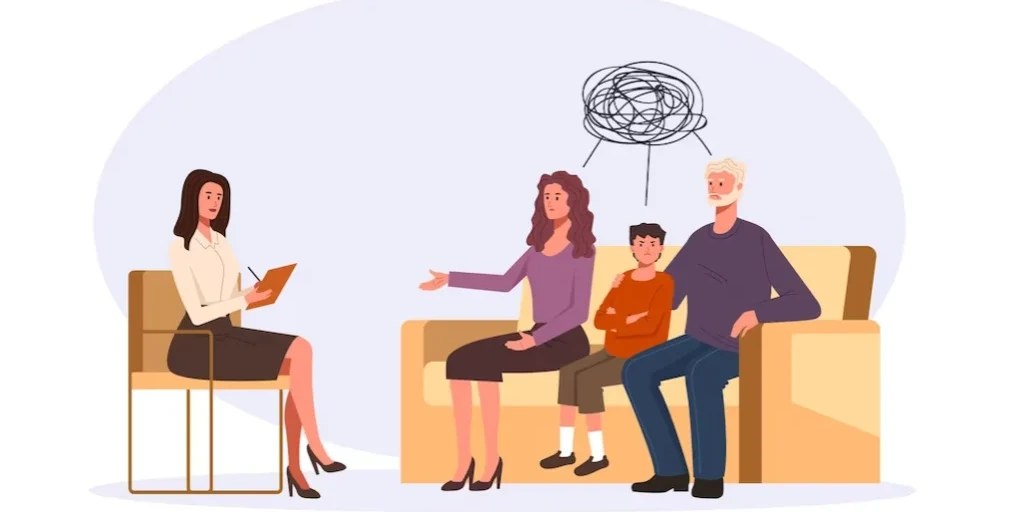24/7 Helpline:
(866) 899-221924/7 Helpline:
(866) 899-2219
Learn more about Depression Treatment centers in Rock Falls
Depression Treatment in Other Cities

Other Insurance Options

Choice Care Network

American Behavioral

WellPoint

CareSource

Excellus

BlueCross

ComPsych

Access to Recovery (ATR) Voucher

Health Choice

Carleon

Multiplan

BHS | Behavioral Health Systems

Magellan Health

UMR

Cigna

MVP Healthcare

Aetna

WellCare Health Plans

United Health Care

Regence

Recovery Zone
Recovery Zone is a private rehab located in Rock Falls, Illinois. Recovery Zone specializes in the t...

















